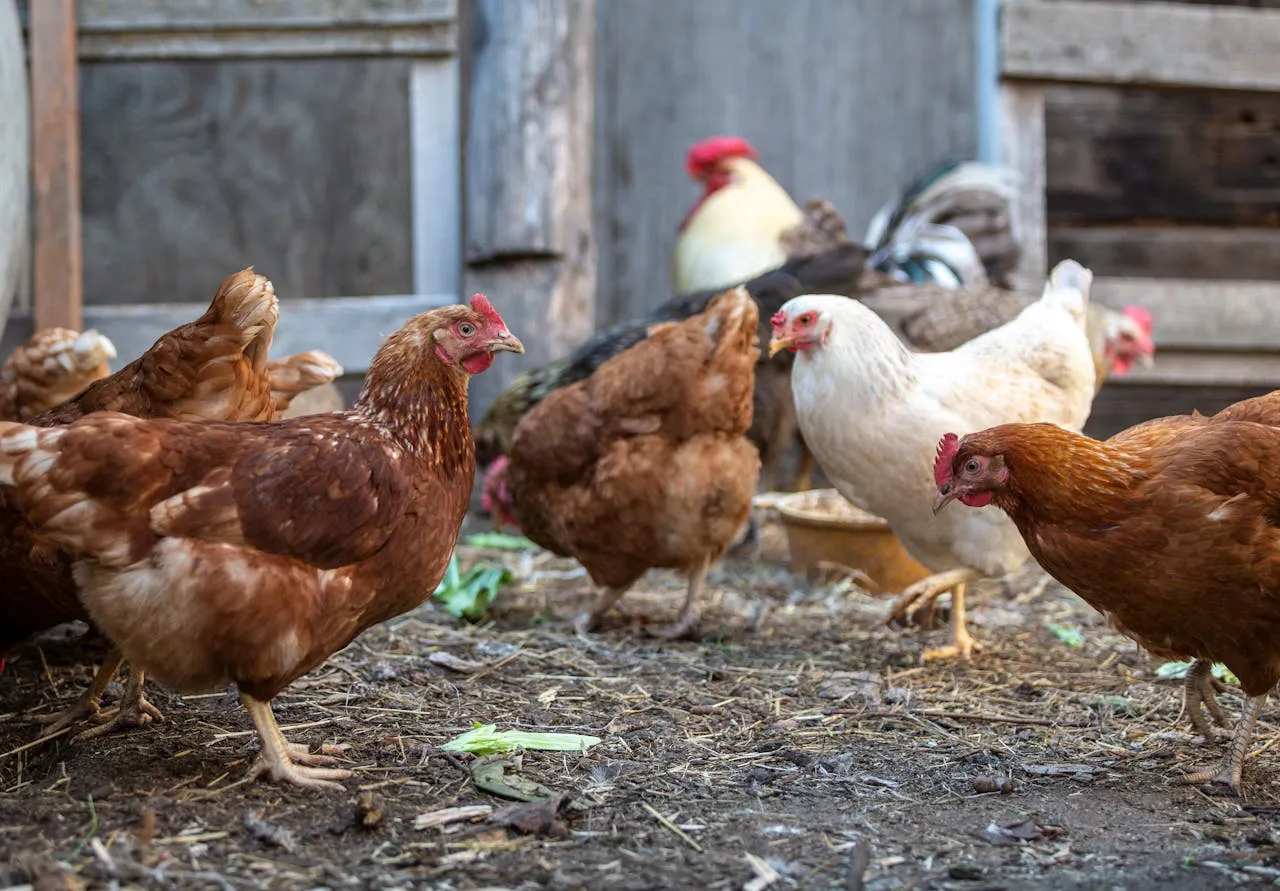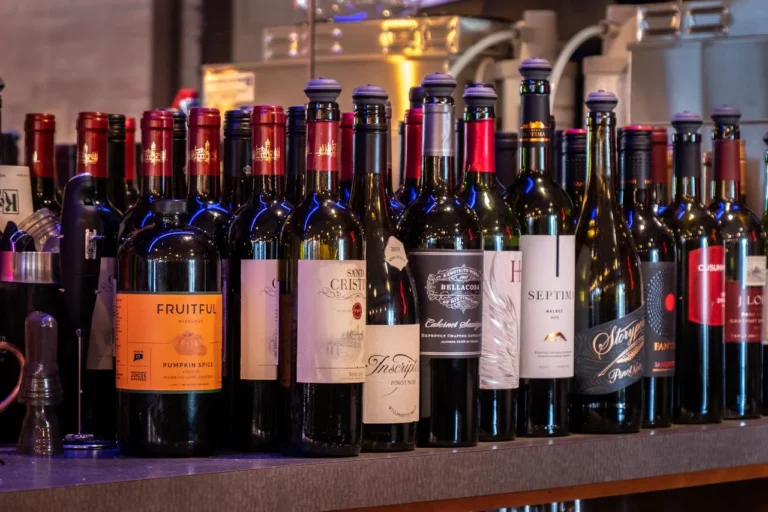
Central Farm Service (CFS), a farmer-owned cooperative with deep roots in Minnesota and Iowa, has publicly voiced its support for the proposed merger between Union Pacific Railroad and Norfolk Southern Corporation. As a long-time Union Pacific customer, CFS believes that the union of these two major railroads—set to create the nation’s first truly coast-to-coast rail system—represents a pivotal opportunity for American agriculture.
The proposed merger would bring together more than 50,000 miles of track across 43 states, creating a seamless rail network that stretches from the Pacific Coast to the Atlantic Seaboard. For farmers, co-ops, and agribusinesses throughout the Midwest, this expanded reach means crops and farm products can move directly across the country without the need for time-consuming handoffs between separate railroads.
A New Era of Efficiency for Agricultural Shippers
The current system often forces agricultural shipments—particularly grain, soybeans, and other bulk commodities—to switch carriers midway through their journey. For example, corn harvested in Minnesota bound for markets in the Southeast must be transferred from Union Pacific to another railroad, typically Norfolk Southern, along the way. These interchanges can add days to the transit time, increase costs, and create uncertainty in delivery schedules.
With the merger, those handoffs would no longer be necessary. Instead, a single line of rail service would connect the Midwest directly to distant feed mills, food processors, and export terminals. This unified network promises to deliver faster service, greater reliability, and reduced risks of delay—all of which are critical in an industry where timeliness can make or break a season.
Grain shipments, for instance, could reach the East Coast or Gulf Coast markets days earlier than they currently do, improving competitiveness for Midwest farmers. Similarly, soybeans destined for crushing facilities or export terminals would travel more efficiently, giving U.S. products a stronger position in international markets. The merger also stands to benefit inbound shipments of agricultural inputs such as fertilizer, seed, and feed ingredients, which would move more directly into farming regions during planting and harvest seasons when timing is everything.
Rail: A Backbone of the Agricultural Supply Chain
Rail transportation already plays a central role in the farm economy. Each year, railroads handle over 3.2 million carloads of grain and oilseeds, making them a vital partner in getting American crops from rural communities to both domestic and global customers. Farmers rely on rail because of its cost-effectiveness, its ability to handle large volumes, and its reach into key export hubs.
Yet, despite these advantages, inefficiencies in the current rail system create bottlenecks that can drive up costs or cause missed opportunities. Weather delays, interchange slowdowns, and congestion at transfer points can all disrupt the delicate timing of modern agriculture. By uniting Union Pacific’s western network with Norfolk Southern’s eastern routes, the proposed merger would effectively erase one of the biggest inefficiencies in the system: the mid-route transfer of cargo between carriers.
CFS Leadership on the Merger’s Impact
KC Graner, President and CEO of Central Farm Service, emphasized how transformative the merger could be for agriculture.
“Farmers depend on efficient rail service to get their crops to market and their inputs delivered on time,” Graner said. “By uniting these rail networks, Union Pacific and Norfolk Southern are taking a logical step to improve agricultural logistics. We expect to see faster grain shipments, fewer delays, and better rail access. We believe this will help link our rural communities to more markets.”
Graner highlighted the practical benefits for CFS members in Minnesota and Iowa, explaining that corn and soybeans could move seamlessly to customers on the Eastern Seaboard or Gulf Coast. Likewise, inbound shipments of fertilizer and feed ingredients would face fewer disruptions, ensuring timely delivery during critical agricultural windows. “This merger will strengthen the farm supply chain and help us serve our growers even better,” Graner added. “Central Farm Service commends the Union Pacific–Norfolk Southern merger and urges its approval so these benefits can become a reality.”

Commitment to Serving Farmers
As a farmer-owned cooperative, Central Farm Service has long prioritized reliability and timeliness in every aspect of its operations. From grain marketing and agronomy services to feed, energy, and logistics, CFS’s mission is to support the productivity and success of its members. The cooperative views the Union Pacific–Norfolk Southern merger as consistent with that mission: a forward-looking step that will expand opportunities, improve efficiency, and contribute to a stronger agricultural economy.
For CFS and similar organizations, rail is not just a transportation option—it is an essential lifeline connecting the heartland to national and international markets. Any change that makes the system faster, simpler, and more dependable is viewed as a major win for rural communities.
Broader Implications for U.S. Agriculture
While Central Farm Service has been among the first in the agricultural sector to publicly commend the merger, many across the industry are expected to see the same potential. A coast-to-coast rail network would create new efficiencies not only for grain but also for other commodities including ethanol, livestock feed, and specialty crops.
The merger could also enhance the competitiveness of U.S. agriculture in export markets. With quicker, more reliable connections to ports, American farmers would be better positioned to meet growing global demand. In a world where shipping speed and consistency increasingly influence buying decisions, this merger could become a strategic advantage for U.S. products.
A Step Toward the Future
The agricultural supply chain has faced mounting challenges in recent years, from volatile commodity markets to unpredictable weather and global trade disruptions. Amid those pressures, infrastructure improvements like the Union Pacific–Norfolk Southern merger offer hope for greater stability and resilience.
Central Farm Service views the merger not just as a logistical improvement but as a signal of long-term investment in the future of American agriculture. By creating a single, unified rail system that links coast to coast, the merger could open new markets, reduce transportation costs, and improve overall reliability for farmers.
For now, CFS and others in the ag community are watching closely as regulators review the merger proposal. If approved, the historic Union Pacific–Norfolk Southern combination could mark a turning point in how America moves its food and farm products—bringing the vision of a seamless, coast-to-coast rail network one step closer to reality.




